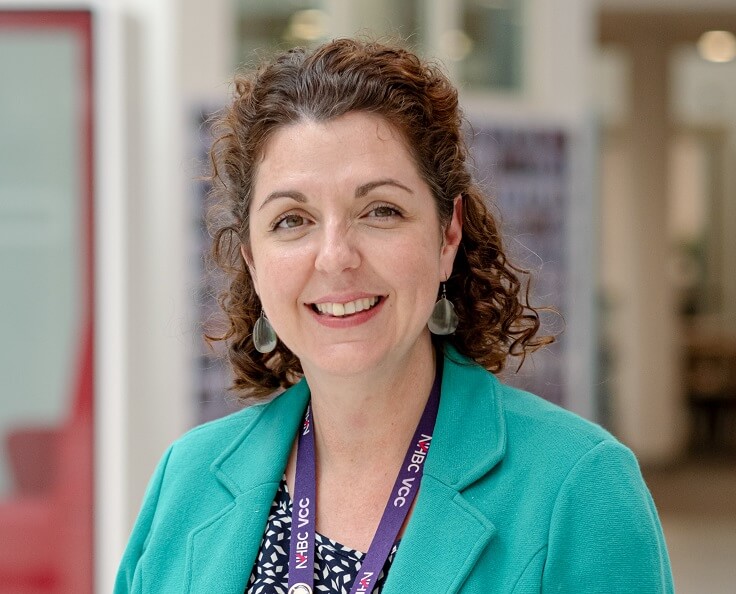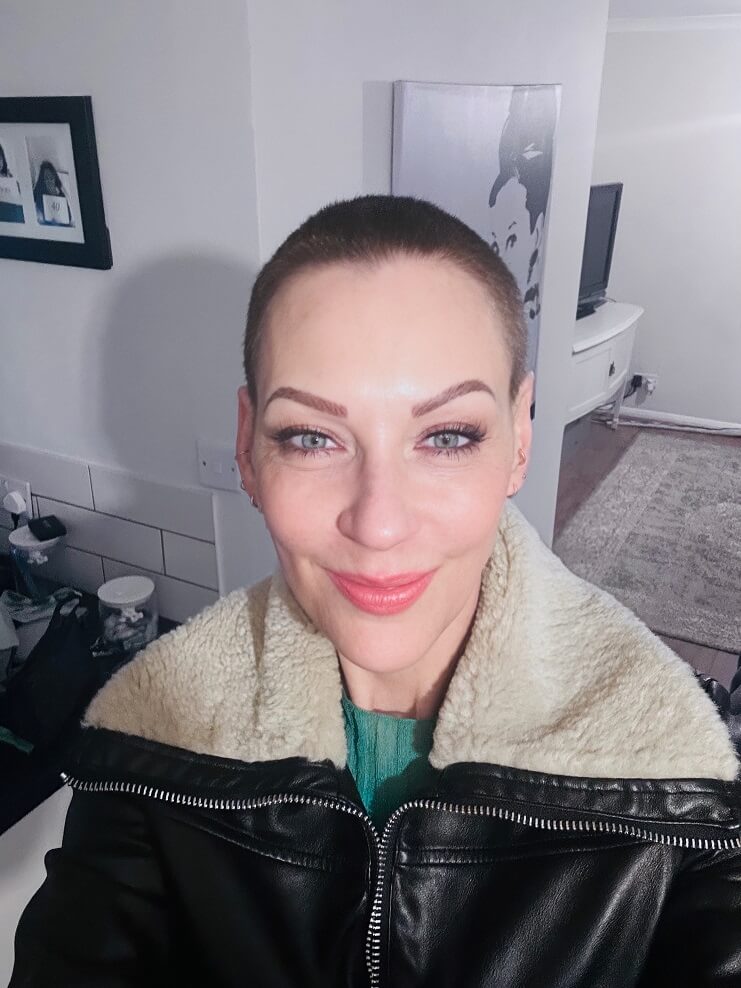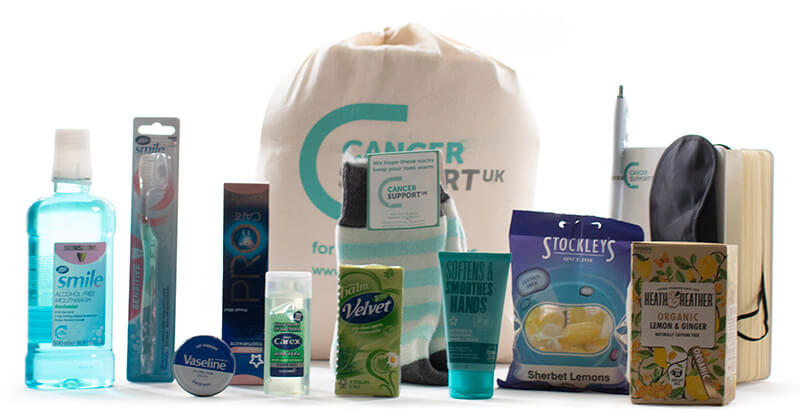
The Workplace Cancer Support Ambassador training provided Linus with a wealth of information and tools like active listening
The Workplace Cancer Support Ambassador training was just what Linus Wilson was looking for following cancer treatment.
When prostate cancer presented itself in 2021, Linus Wilson (63), from Essex, was ready to take action. His two uncles both had prostate cancer, so Linus was already aware of its presence in his family.
“I’d had a slightly enlarged prostate since 2019, which was being monitored closely. In 2020 my PSA (prostate specific antigen) count was almost normal, but in 2021 the levels rose significantly. So a biopsy was taken and 21 samples came back positive.”
Linus had several consultations and was given a number of different treatment options, including surgery, chemotherapy and radiotherapy.
While men can sometimes internalise feelings about their cancer, Linus chose to talk to his wife, three children, brother, sister and a handful of friends.
“I wanted people to help me combat cancer in a positive way and not to feel sorry for me.
Family support for Linus made all the difference when choosing cancer treatment
“My wife accompanied me to the appointments and when I was given my diagnosis, she said ‘we’ve got this’. So right from the start we both had a positive mind set and our jointly held belief was that we could overcome this illness together.
After careful deliberation Linus opted for just surgery, having decided that chemo and radiotherapy treatment weren’t the right options for him.
“I made that choice with the help of my wife and children, as it was very important to me that whatever decision I made was supported by my family.
As soon as he was given a date for the operation, Linus swung into action preparing his body for the surgical ordeal ahead. He altered his diet (eating food such as spinach, broccoli and celery and white fish) and exercised.
Between September 2021 and February 2022, Linus shed two stone. “I knew I already had the right mind set, but now I was physically in good shape and ready for the journey ahead.”
Linus took two months off work to recover from the operation, before easing gradually back into his role as Security Team Leader at Birbeck University.
“The Workplace Cancer Support Ambassador training was transformational”

Linus believes in getting the best out of life and is using his Cancer Coach experience and Workplace Cancer Support Ambassador training to be a voice for cancer awareness
“I read a post on LinkedIn by a friend who had written about her experience doing Cancer Support UK’s Workplace Cancer Support Ambassador training. Like me, she has gone through cancer treatment. Even though our cancers were different, I could relate to her experience.
“When I returned to work, I found there was a sympathetic approach to my situation, but no one wanted to use the word cancer. They didn’t know what to say. I knew that the Workplace Cancer Support Ambassador training was just what I was looking for.
“I believe in getting the best out of life. After my surgery, I knew I wanted to do something different and to be a voice for cancer awareness.
“My friend put me in touch with Mark Guymer at Cancer Support UK who, after hearing my experience, offered me a place on the Ambassador training course.
Linus found the training transformational, gaining a clearer understanding of the communication barriers surrounding cancer. It improved his confidence, too, in having difficult conversations about cancer.
“I came out with a wealth of information about tools like active listening. I understand now why people were reluctant to use certain phrases when talking to me – it wasn’t personal, it was just a behavioural thing. The training teaches you to use the right terminology, which makes a big difference and I have a better approach to communicating about cancer.”
Cancer Coach helps manage challenging emotions
Linus also joined the Cancer Coach programme run by Cancer Support UK and found it extremely beneficial, despite initial reservations.
“Group discussions are not really my thing,” he explains. “I tend to listen more than talk and I thought I didn’t need Cancer Coach.
“However, I find managing emotions very challenging – I tend to just retreat into my head. Last year I lost a cousin to cancer. He had symptoms all along, but never got checked until I had my surgery. He only lived ten months after diagnosis. This could so easily have been me. So I started feeling a little sorry for myself and went into a negative spiral. Cancer coach helped me not to go down that rabbit hole.
“Thanks to Cancer Coach I’ve learnt to participate more freely. I also found it helpful listening to other people’s experiences. It doesn’t matter what kind of cancer you have, you still can pick something out that is familiar.
While you are here, why not check your emotional wellbeing with our Cancer Compass checker. In just a few seconds discover the practical and emotional support we provide. Click here to find out which area of support might be right for you or someone you know.
Sharing your worries with good friends from Cancer Coach
“The Worry Tree was a mind opener. I loved this tool so much that I shared it with my family, as it can be applied to any area of your life.
“I made some good friends in Cancer Coach and we all still check in on each other. You get to know people you wouldn’t normally meet and it’s a great way of sharing your worries.”
Linus Wilson is a former Cancer Coach participant, a Workplace Cancer Support Ambassador and a member of Cancer Support UK’s Cancer Coach advisory group.
About Cancer Support UK’s workplace cancer support training
Around 890,000 people of working age are currently living with cancer in the UK, and some 700,000 people are juggling work and caring for someone with it. Employers play a vital role in helping those who are directly or indirectly affected by cancer. Research by Macmillan Cancer Support suggests line managers are not receiving the training they need: 87% say they haven’t been given any training on how to support people with long-term conditions, including cancer.
Cancer Support UK is helping to bridge the gap by offering training to employees who want to be able to have supportive conversations with colleagues. We offer a range of programmes, including the Workplace Cancer Support Ambassador training, which is designed to give employees strategies and confidence when it comes to having discussions about cancer. To arrange an appointment to discuss your needs, please email: training@cancersupportuk.org or visit our workplace cancer support training page to see our full range of workplace cancer support training programmes.



